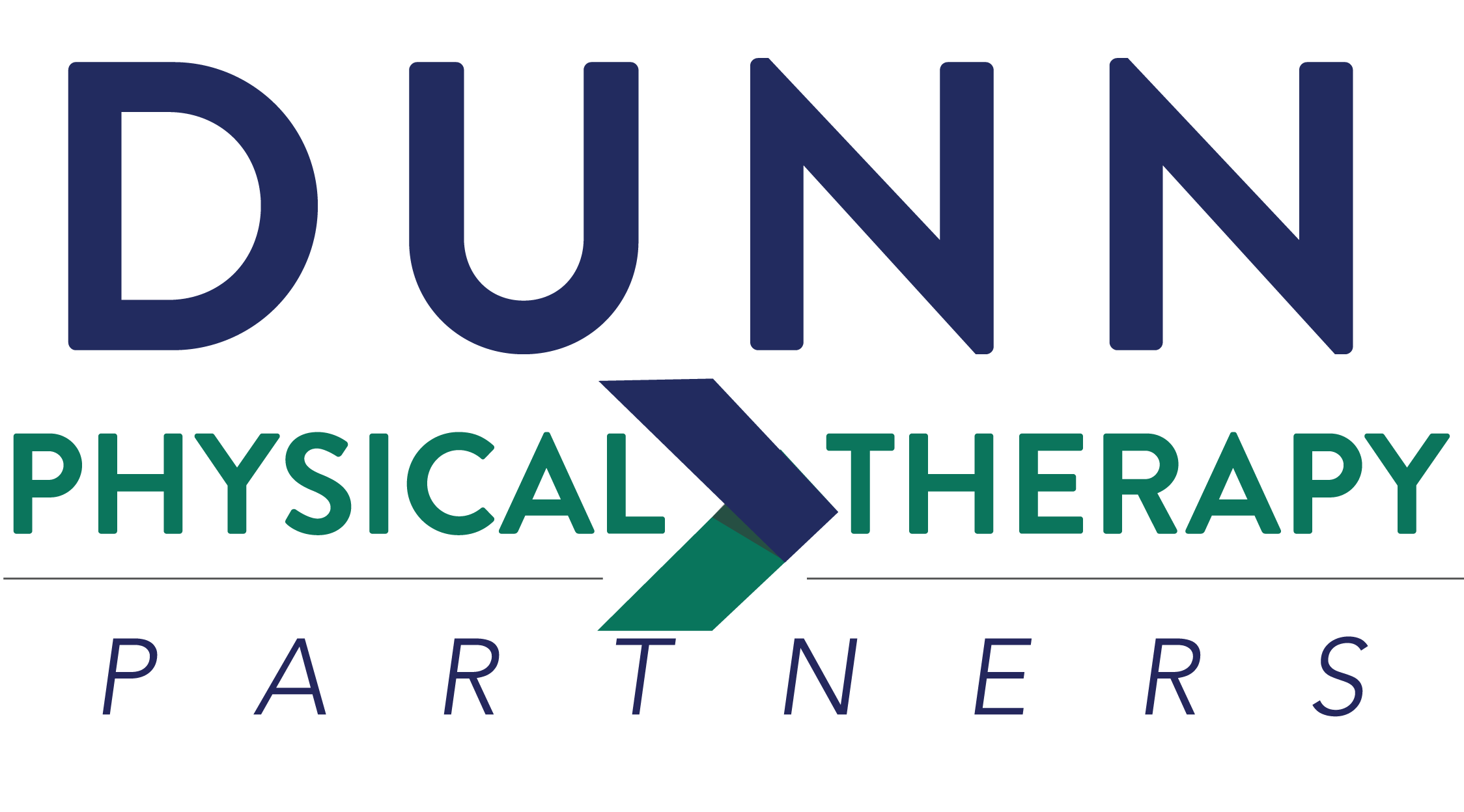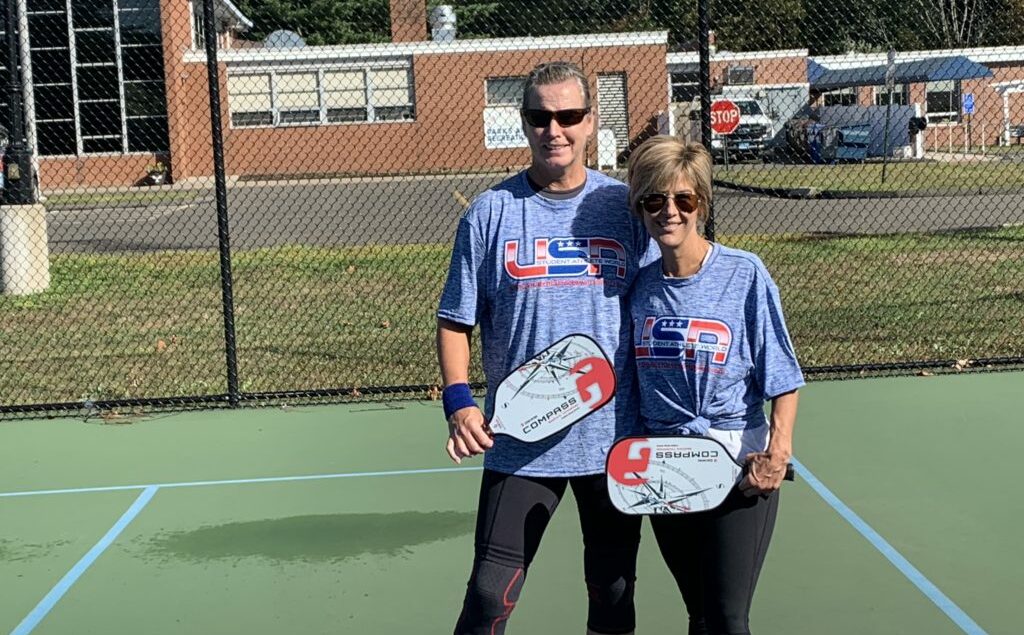Pickleball Injury Prevention Guide
Every year, pickleball grows in popularity. The game – an improvisation of ping-pong and badminton – is played on a court using a soft-ball sized ball with holes and paddles similar in design to table-tennis paddles. Created in 1965, pickleball isn’t necessarily an overnight sensation. Instead, the slow explosion of popularity has led to the formation of both amateur and professional leagues. While there’s debate about the origin of the name, nobody will argue about how fun, competitive, and entertaining pickleball is.
Injuries That Put You in a Pickle
As pickleball has become more mainstream, physical therapists around the country are seeing an uptick in related injuries. It is estimated that 50 percent of pickleball injuries will be sustained during a player’s first year. Pickleball elbow, ankle, knee, and shoulder sprains are all common. Wrist fractures, Achilles tendonitis, and concussions from falls are also possible. The game often appeals to people who haven’t exercised much. They enter the court with limited flexibility, range of motion and deterioration of balance. These factors can make the odds of sustaining a pickleball related injury increase dramatically.
Preventing Pickball Injuries
Pickleball often attracts an older crowd, many of whom are predisposed to injury. Whether you’re in your senior years, haven’t exercised much recently, or just want to avoid injuries however you can, it’s important to be mindful of your movement on the court. Always start with a warm up. A light jog, a slow walk with high knees, and side shuffles can really loosen you up.
Stretching can also help prevent pickleball injuries. Be sure to incorporate neck stretches, shoulder stretches, calf stretches, and hamstring/quad stretches into your warmup routine.
Proper footwear can make all the difference in preventing injuries on the court. Since the spot requires a lot of side to side movement, you’ll want to invest in an athletic shoe designed for such activities.
If you sustain an injury, stop playing immediately. Toughing it out can make things worse, especially if it’s a head injury. Schedule an appointment with a physical therapist to help you heal and recover 100 percent before resuming play.

